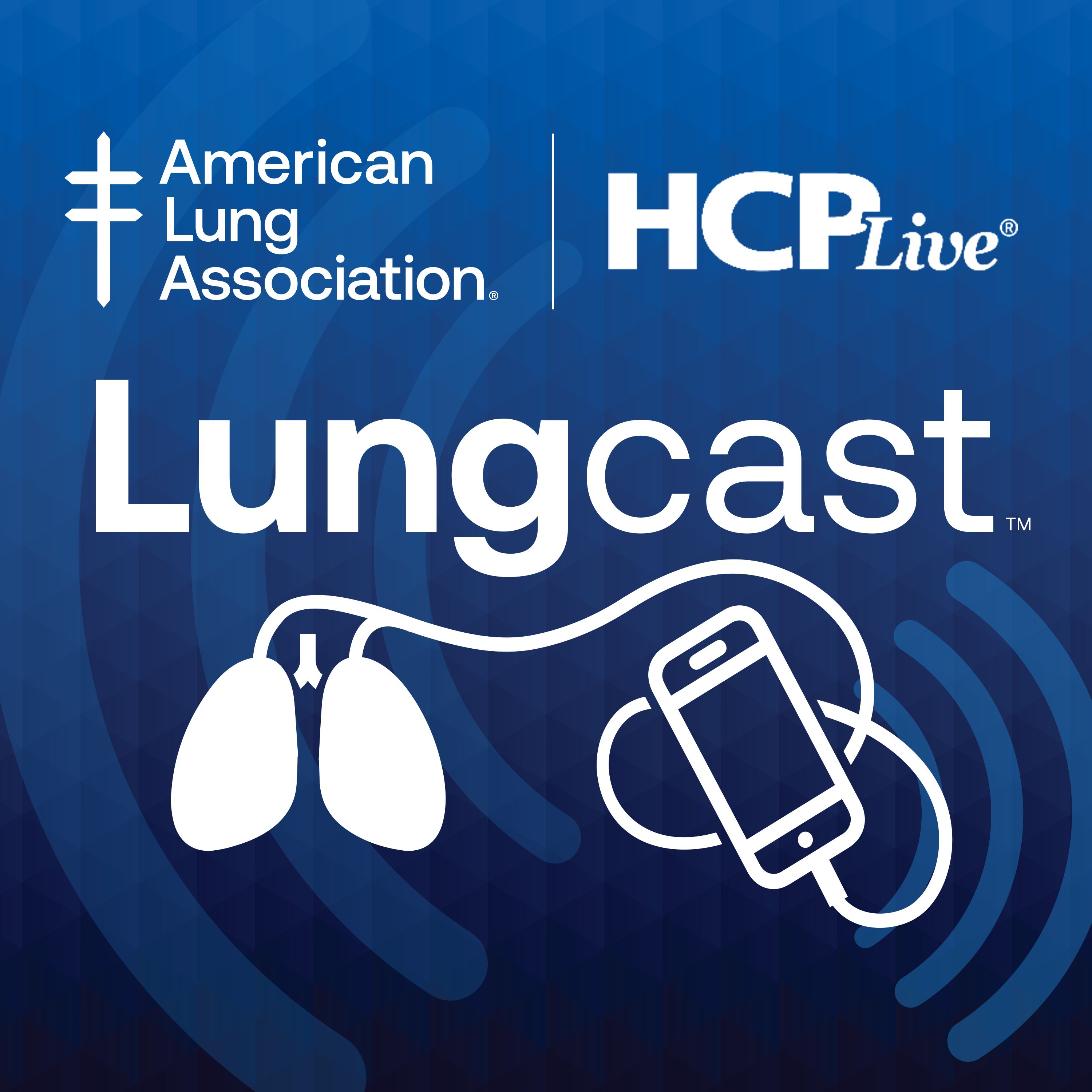Article
Insomnia Prevalence High in Pregnant Women
Author(s):
Women who were socially isolated were more likely to have insomnia than women who were socially integrated.

New research shows a high rate of insomnia symptoms among pregnant women, particularly during the second trimester.
A team, led by Keiko Murakami, MPH, PhD, Tohoku Medical Megabank Organization, Tohoku University, estimated the prevalence of insomnia and examined the link between social isolation and insomnia among pregnant women.
“Women experience unique challenges in maintaining healthy sleep during pregnancy, owing to physical, hormonal, and psychological changes,” the authors wrote. “It has been well documented that insomnia is associated with perinatal depressive symptoms. There is also accumulating evidence that poor sleep during pregnancy is associated with adverse outcomes, including risk for preterm birth, gestational diabetes, small for gestational age, and cesarean section.”
Recent Data
A recent meta-analysis showed 38.2% of pregnant women suffered from insomnia symptoms during pregnancy.
In the cross-sectional study, the investigators identified data from the Tohoku Medical Megabank Project Birth and Three-Generation Cohort Study between 2013-2017 and recruited pregnant women from approximately 50 obstetric clinics and hospitals in Japan.
Overall, 32,968 pregnant women were contacted, with 22,493 agreeing to participate. However, 2094 were excluded because of abortion or stillbirth, nonidentification of birth status, incomplete questionnaires in the first or second trimester, or absence of permission to transcribe medical records and 2813 were excluded because of missing values for social isolation, insomnia, parity, prepregnancy body mass index (BMI), feelings toward pregnancy, household income, work status, morning sickness, psychological distress, or hypnotic drug use.
A Large Cohort
The investigators analyzed 17,586 women who completed questionnaires and transcribed medical records. They defined insomnia as the Athens Insomnia Scale score of at least 6 and used the Lubben Social Network Scale-abbreviated version to assess social isolation defined as a score of less than 12. They also used its subscales to assess marginal family ties and marginal friendship ties.
The investigators also examined the association between social isolation and insomnia during pregnancy, adjusting for age, parity, prepregnancy body mass index, feelings toward pregnancy, education, income, work status, morning sickness, and psychological distress using multiple logistic regression.
Finally, they conducted multiple logistic regression analyses for marginal family ties and marginal friendship ties.
The results show 37.3% of women have insomnia in the second trimester, while women who were socially isolated were more likely to have insomnia than women who were socially integrated. The multivariate-adjusted odds ratio was 1.26 (95% CI, 1.16-1.36). Marginal family ties and marginal friendship ties were linked to an increased risk of insomnia.
The multivariate-adjusted ORs were 1.40 (95% CI, 1.25-1.56) and 1.15 (95% CI, 1.07-1.24), respectively.
“Social isolation from family and friends was associated with increased risks of insomnia among pregnant women,” the authors wrote.
The study, “Social isolation and insomnia among pregnant women in Japan: The Tohoku Medical Megabank Project Birth and Three-Generation Cohort Study,” was published online in Sleep Health.





